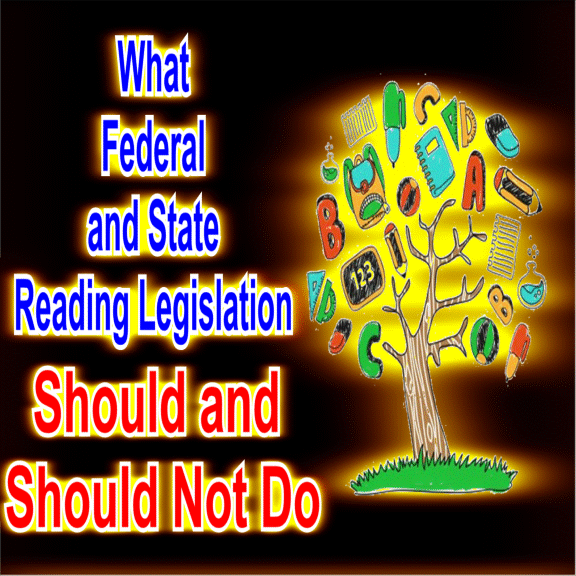What Federal and State Reading Legislation Should and Should Not Do – radical eyes for equity
What Federal and State Reading Legislation Should and Should Not Do
What Federal and State Reading Legislation Should and Should Not Do
Since the early 1980s, a significant role of state government has included funding and mandating public school practices and policies. Spurred by A Nation at Risk under Ronald Reagan, most states committed to the accountability era in U.S. public education grounded in state standards and high-stakes testing.
Bringing that state-based process to the federal level, George W. Bush ushered in the federal role in the accountability era with No Child Left Behind in the early 2000s.
The federal and state templates for education policy and reform have been fairly consistent for forty years, and currently, most political leaders and media pundits continue to claim that public education is failing, specifically targeting reading achievement by students.
Since most states have passed or are rushing to pass education legislation targeting reading practices and policies, here are guiding principles for what any federal or state legislation directly or indirectly impacting reading should and should not do:
- Should not publicly fund private vendor comprehensive reading programs.
- Should not endorse private vendor reading programs or CONTINUE READING: What Federal and State Reading Legislation Should and Should Not Do – radical eyes for equity

Comments
Post a Comment